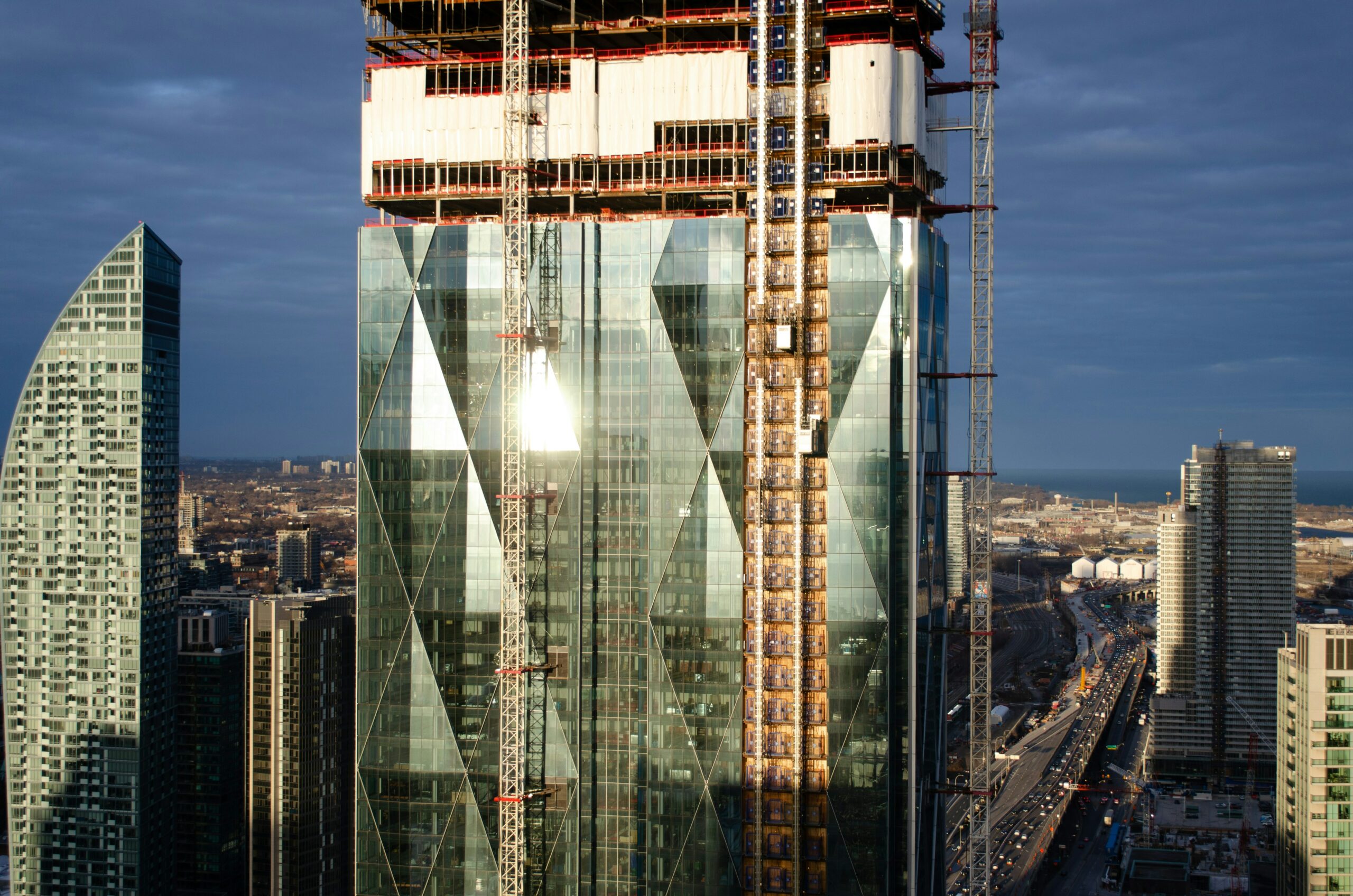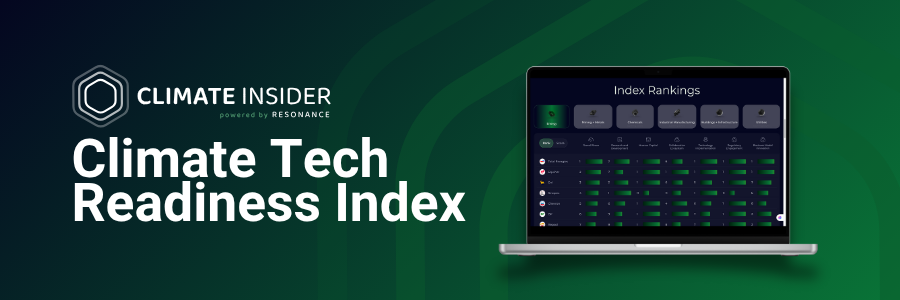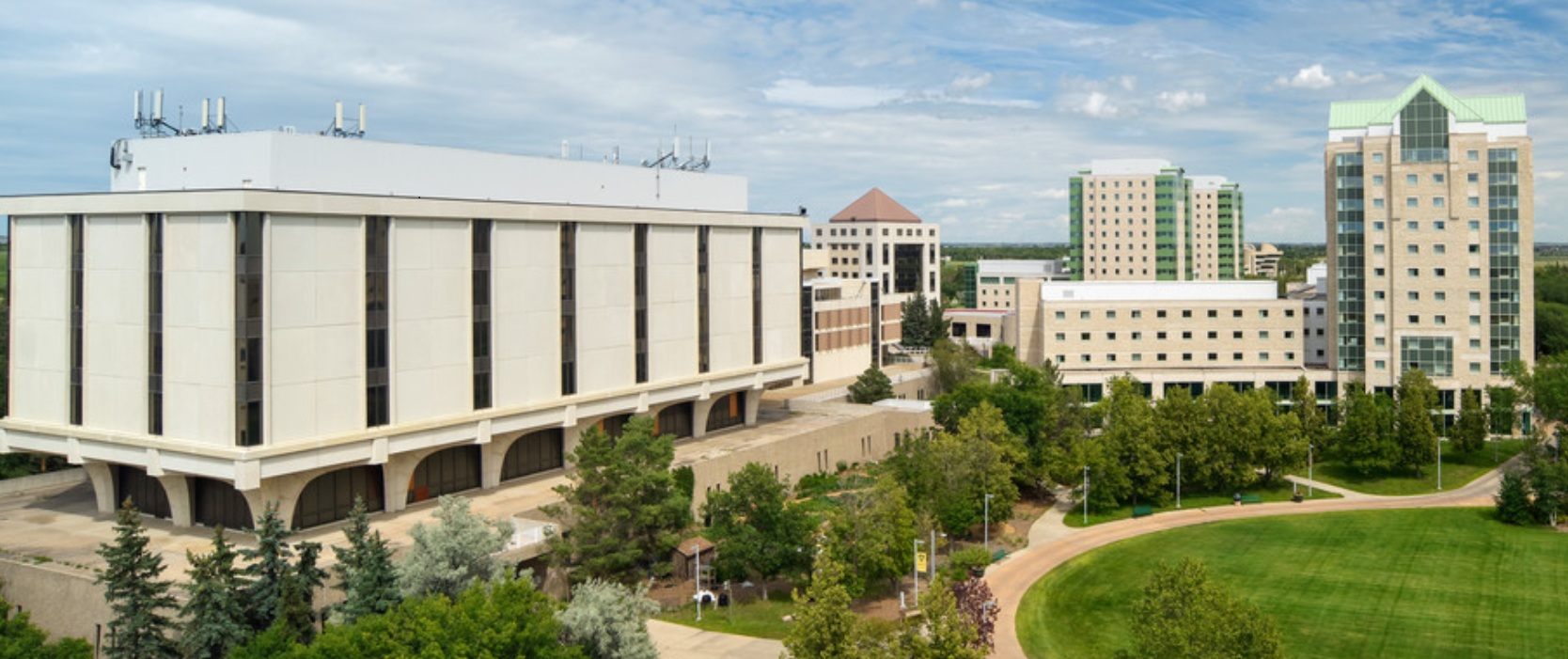Insider Brief
- Chestnut Carbon secured $160 million in Series B funding, led by the Canada Pension Plan Investment Board, to expand its nature-based carbon removal efforts through afforestation and improved forest management.
- The company recently signed a deal with Microsoft to remove over 7 million tons of carbon dioxide over 25 years by planting 35 million native trees across 60,000 acres, marking Microsoft’s largest U.S. carbon removal contract.
- Chestnut focuses on rigorous measurement, reporting, and verification to enhance trust in forest carbon credits, with the majority of its new funding allocated to acquiring marginal farmland for long-term afforestation projects.
PRESS RELEASE — The nature-based carbon removal market got a significant show of support today as Chestnut Carbon announced a whopping $160 million Series B funding round, led by the Canada Pension Plan Investment Board. The startup focuses on planting trees and vegetation as well as on improving forest management practices to better remove carbon from the atmosphere.
This announcement comes on the heels of the company’s recent deal with Microsoft to remove over 7 million tons of carbon dioxide from the atmosphere over a 25-year period. That involves planting about 35 million native trees over about 60,000 acres. It’s Microsoft’s largest carbon removal contract in the U.S., and one of the largest domestic carbon removal projects period — including those that rely on engineered solutions such as direct air capture.
Chestnut aims to fill a void in the forest carbon removal space by employing a rigorous measurement, reporting, and verification framework that it claims leaves little room for accounting errors and greenwashing, offering a solution that, hopefully, the market can finally trust. So far it seems, investors are buying it.

Chestnut will use this latest funding to build out afforestation projects — that is, planting trees in areas where, at least in modern times, forests have not existed. “We’re buying this farmland — this is marginal pasture land — and we are turning that back into a native forest,” Chestnut’s chief financial officer, Greg Adams, told me. The company buys land that is ill-suited for farming due to factors such as acidic, alkaline, or nutrient-poor soil or a climate that’s hostile to food crops but works for certain tree species.
The startup began planting native tree species in Arkansas and Alabama in 2022, and has since expanded into Mississippi, Louisiana, Texas, and Oklahoma. There are a number of benefits to planting in the Southeast, Adams told me. For one, the region’s climate allows trees to grow particularly fast, leading to more immediate carbon benefits. Also, the area isn’t very wildfire-prone, but is extremely biodiverse — so if one species of tree falls victim to disease or blight, much of the forest is likely to remain unscathed. “We look to build a forest that, if you had a time machine and you went back 100 years, would look very similar to what was there 100 years ago,” Adams told me.
While planting trees isn’t particularly expensive, land acquisition is, and that’s what the majority of Chestnut’s Series B funding will go towards. Adams told me that owning the land also helps to “reinforce the permanent nature” of Chestnut’s carbon removals, since the company has 100% control over land management decisions.








